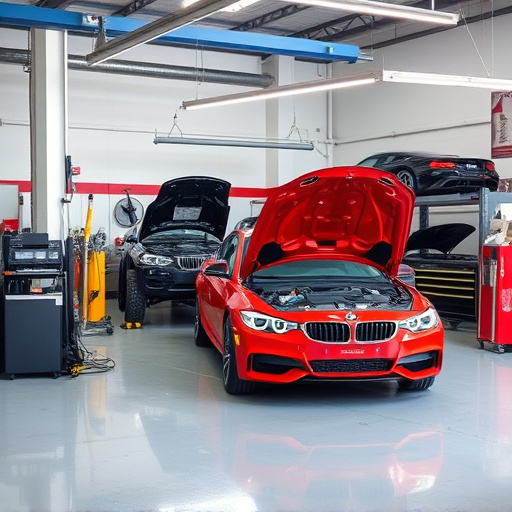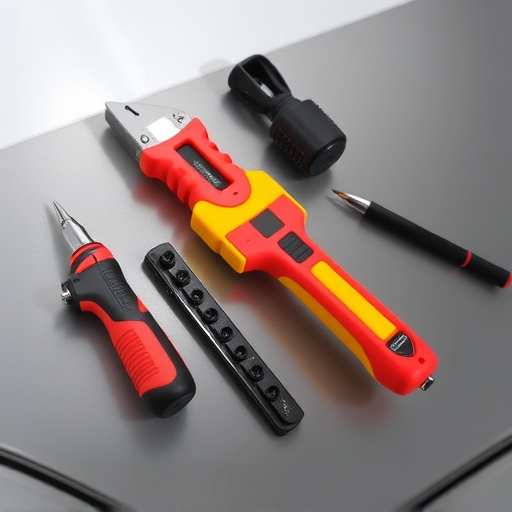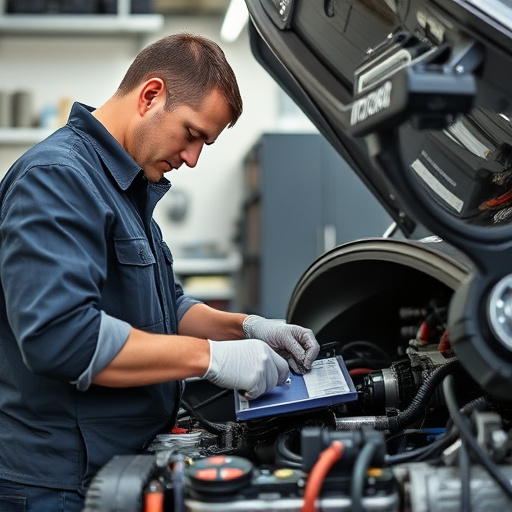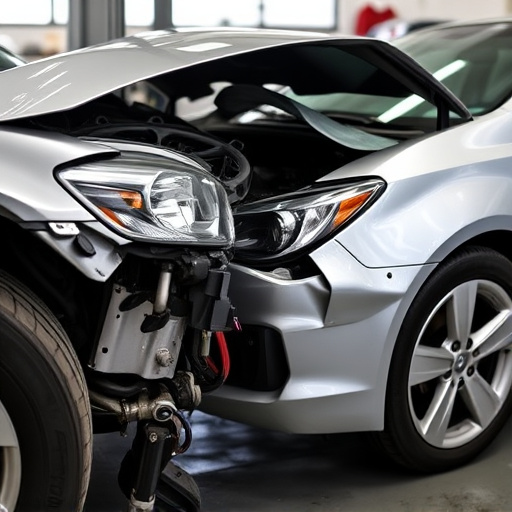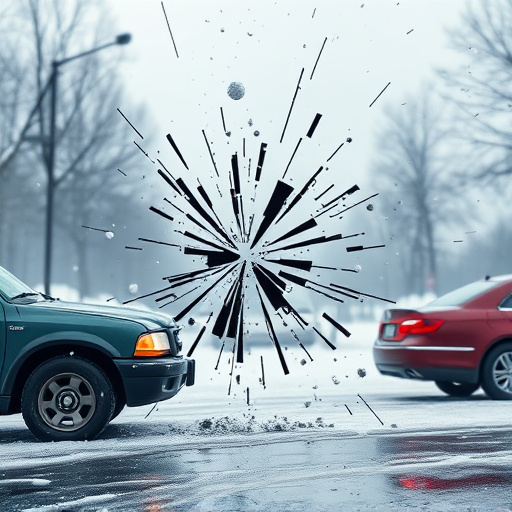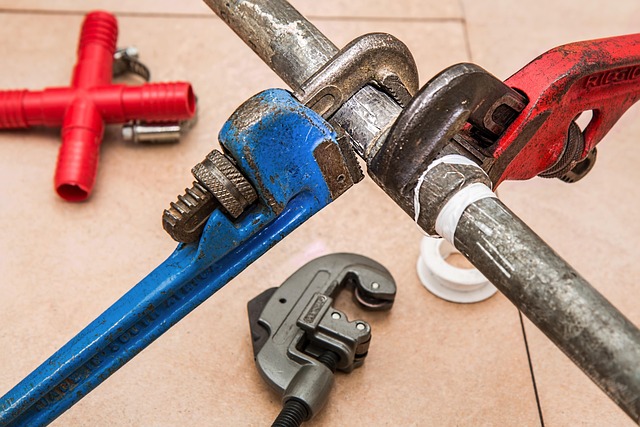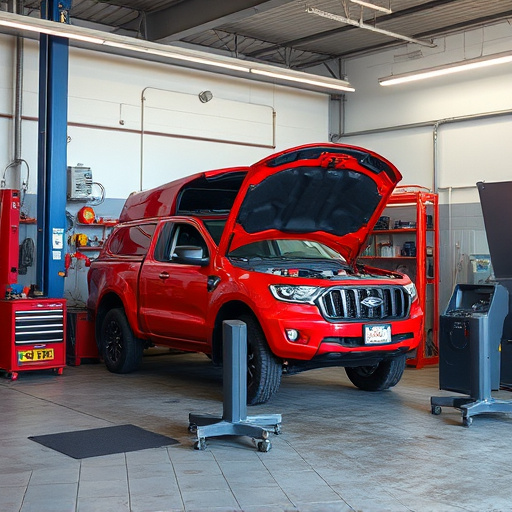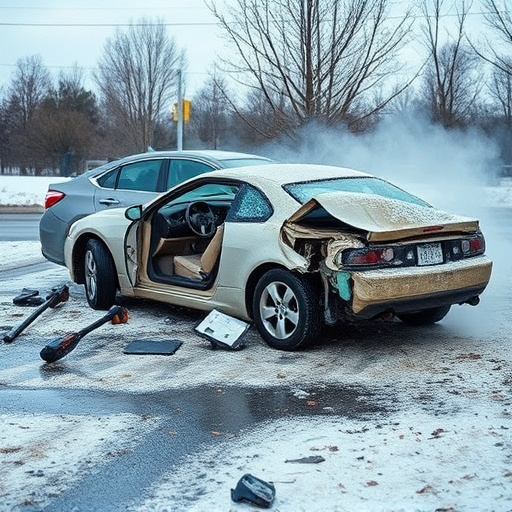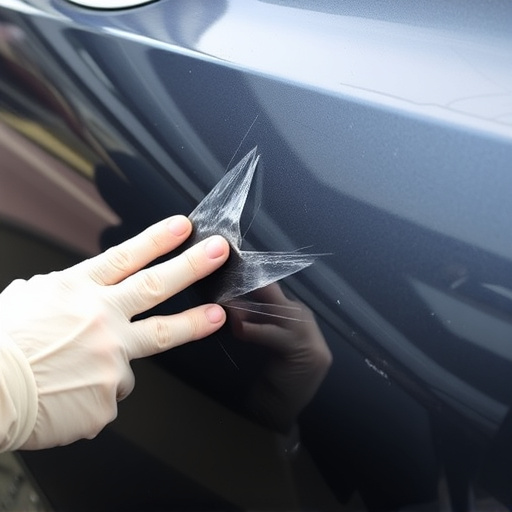Operating a hydraulic frame machine, a powerful tool in metal fabrication and auto body repair, requires comprehensive training covering controls, safety protocols, maintenance, and emergency procedures. Certification ensures competence, adherence to standards, and continuous safe use of these machines in collision repair centers and auto shops for tasks like bumper restoration and panel replacement.
“Mastering the operation of a hydraulic frame machine requires both knowledge and skill. This comprehensive guide navigates you through understanding the basics of these powerful machines, essential safety practices, and hands-on training. Essential topics include familiarizing yourself with controls, learning emergency procedures, and mastering load handling techniques.
By exploring these sections, you’ll gain the necessary certification, ensuring competent operation and maximizing productivity while prioritizing safety in any work environment.”
- Understanding Hydraulic Frame Machine Basics
- Essential Safety Training Topics
- Hands-On Practice and Certification Requirements
Understanding Hydraulic Frame Machine Basics
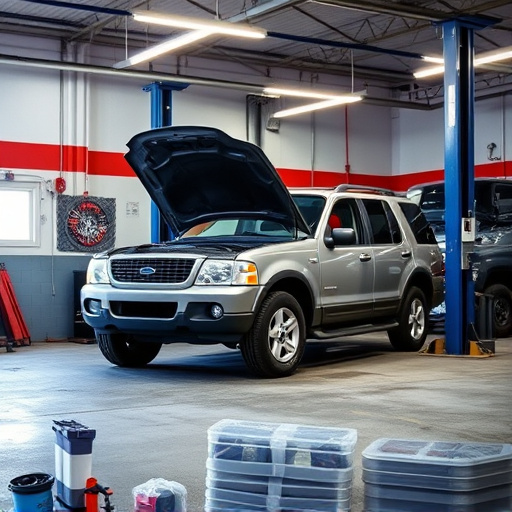
A hydraulic frame machine is a sophisticated piece of equipment used in various industries for tasks such as metal fabrication, auto body repair, and bumper repair. Understanding its fundamentals is crucial for safe operation. These machines employ hydraulic systems to generate immense force, allowing for precise manipulation of heavy components. The core component is the hydraulic cylinder, which converts hydraulic pressure into mechanical motion, enabling the machine’s lifting and lowering capabilities.
Familiarity with the machine’s control panel is paramount. This interface allows operators to adjust settings, manage power output, and initiate movements. Regular training sessions are essential for workers in collision repair centers or auto body repair shops who operate these machines. Such training ensures they grasp safety protocols, proper maintenance procedures, and the unique challenges associated with handling diverse materials and components in tasks like frame straightening and panel replacement.
Essential Safety Training Topics
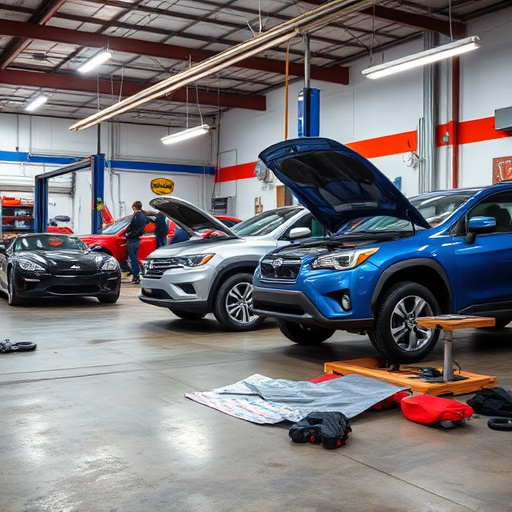
Operating a hydraulic frame machine safely requires comprehensive training that covers numerous critical aspects. Among essential safety training topics are understanding the machine’s controls and functions, learning to properly secure vehicles or components using the hydraulic system, and mastering techniques for effective and controlled lifting. These skills are paramount in auto body shops and vehicle body shops where precise bumper repair and other intricate work often necessitates the use of such machinery.
Additionally, trainees must be schooled in identifying potential hazards associated with hydraulic frame machines, including mechanical failures, leaks, and electrical malfunctions. They should also learn appropriate emergency response procedures, as well as the correct usage of safety gear, such as gloves, goggles, and hearing protection. Knowledge of maintenance protocols is equally vital to ensure ongoing safe operation, preventing accidents not just during use but also in the long-term upkeep of these specialized tools common in modern auto body shops and bumper repair facilities.
Hands-On Practice and Certification Requirements
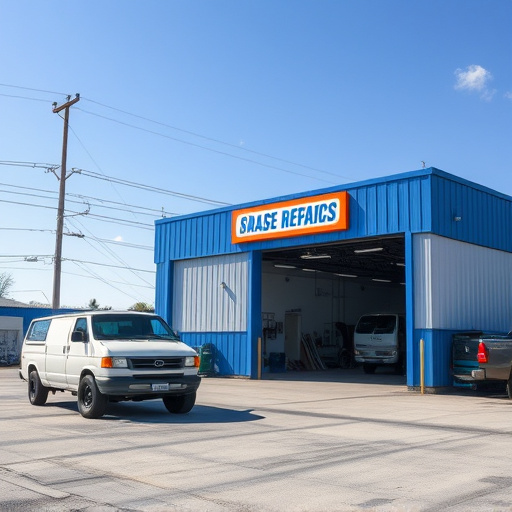
Operating a hydraulic frame machine requires more than just understanding its functions; it demands practical experience and specialized training. After completing theoretical coursework, aspiring operators must engage in hands-on practice to master the machine’s intricacies. This involves learning how to safely adjust pressure settings, control the machine’s movements, and perform essential repairs like those needed in a car collision repair or vehicle dent repair scenarios.
Certification is another critical aspect of ensuring safe operation. Many industries mandate that operators obtain specific certifications to prove their competence. These certifications often include demonstrations of skill proficiency and knowledge comprehension related to hydraulic frame machines and their applications in vehicle body shops. Regular recertification may be required to stay updated with the latest safety standards and technological advancements in car collision repair and vehicle dent repair processes.
Training is key to ensuring safe operation of a hydraulic frame machine. By understanding the basics, mastering essential safety protocols, and engaging in hands-on practice, operators can confidently navigate the complexities of these powerful tools. Certification not only demonstrates competence but also promotes best practices within the industry, fostering a safer working environment for all involved with the hydraulic frame machine.

